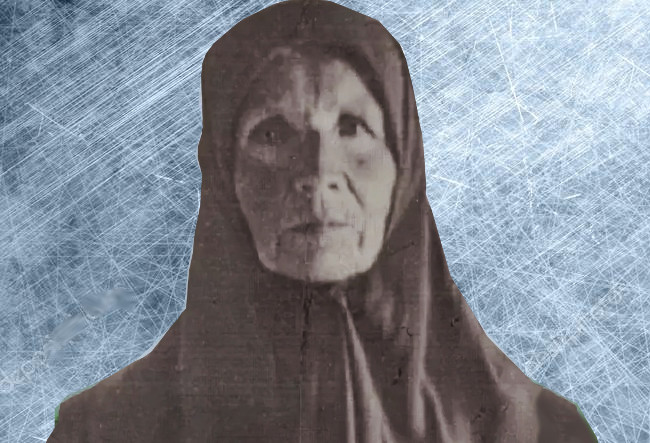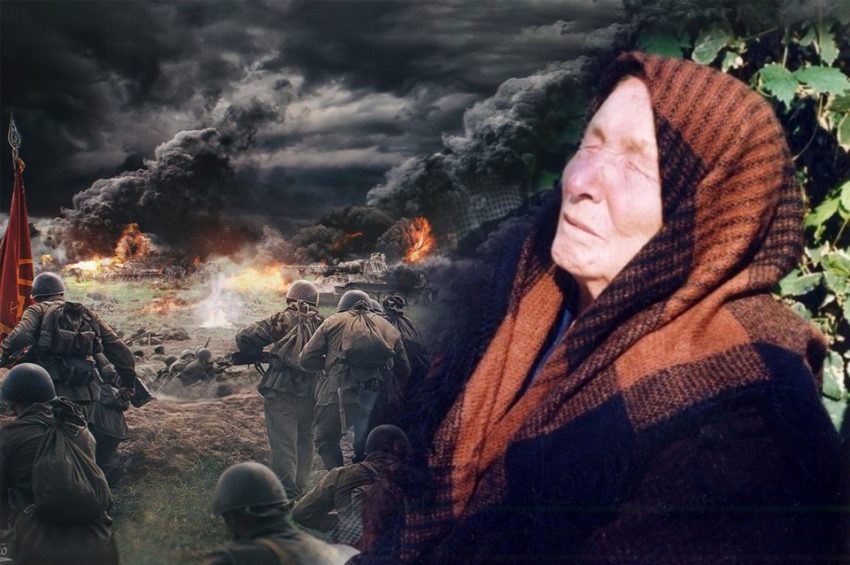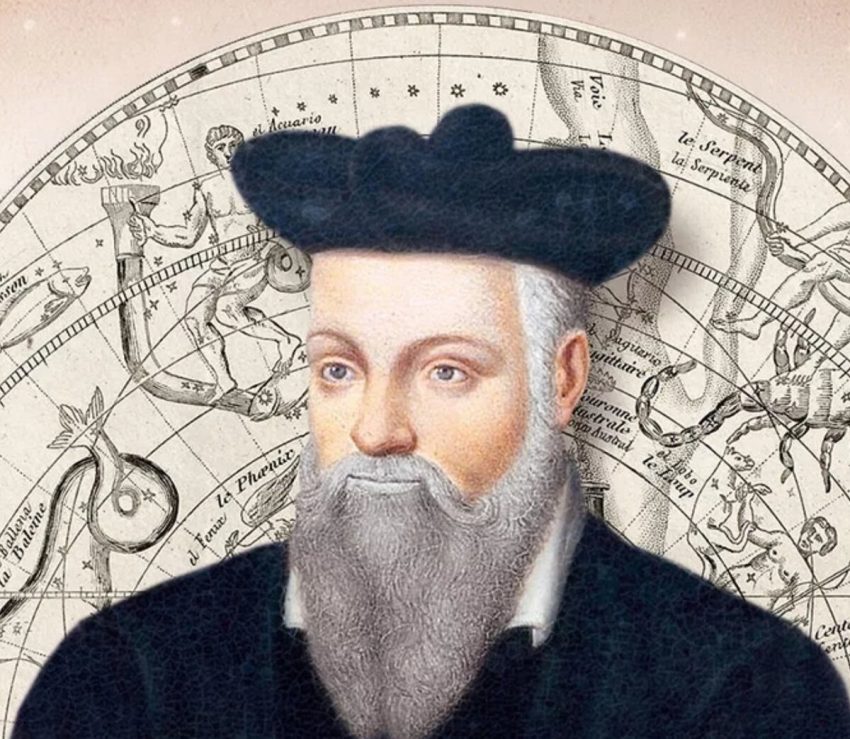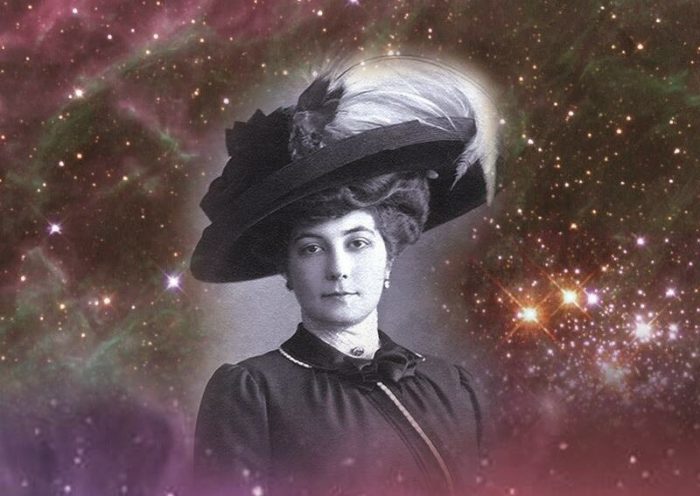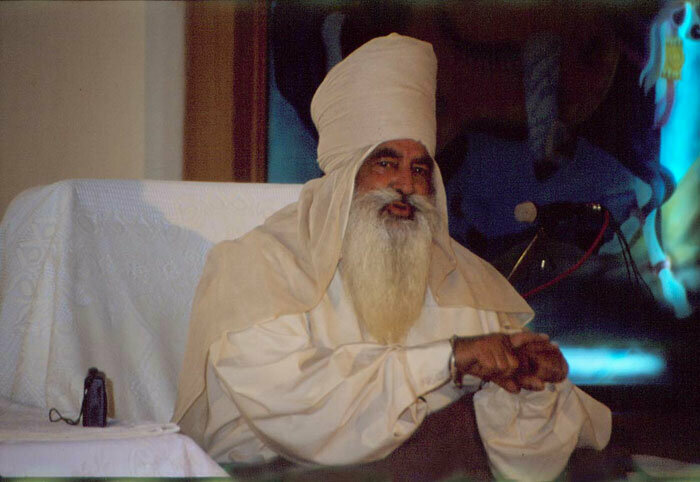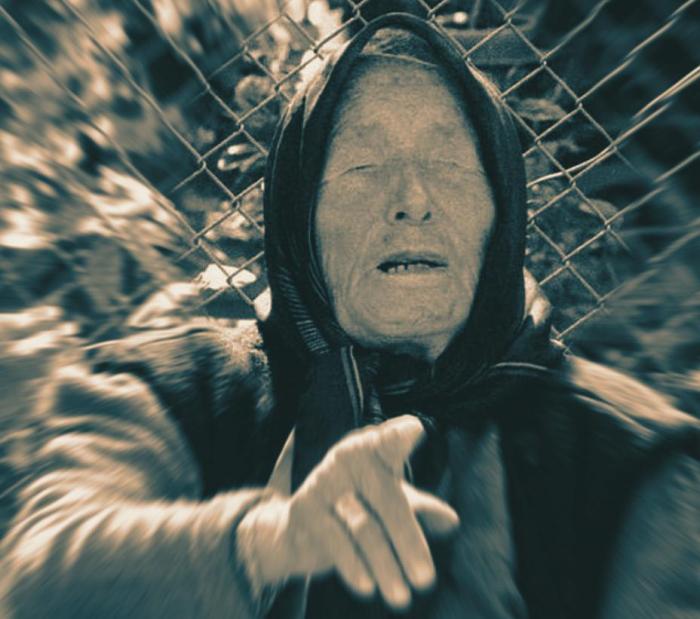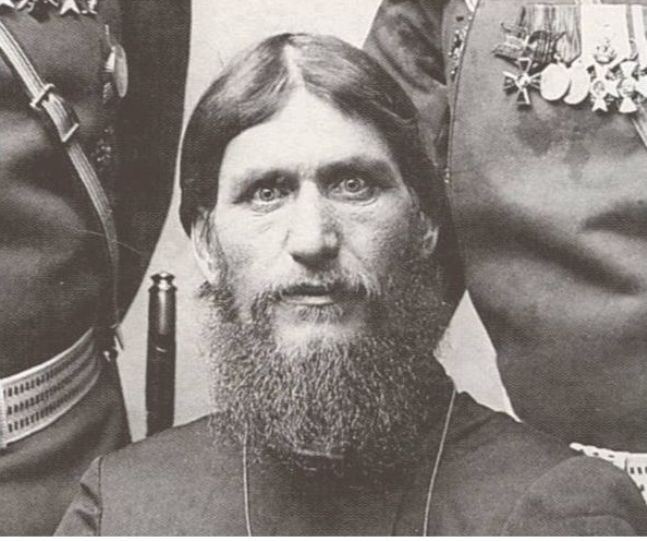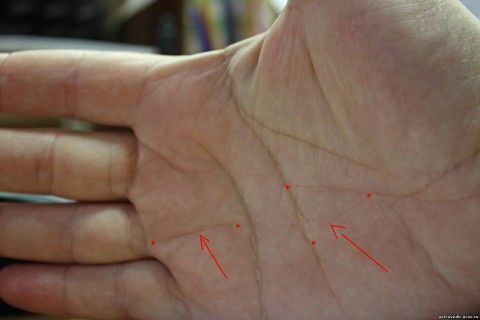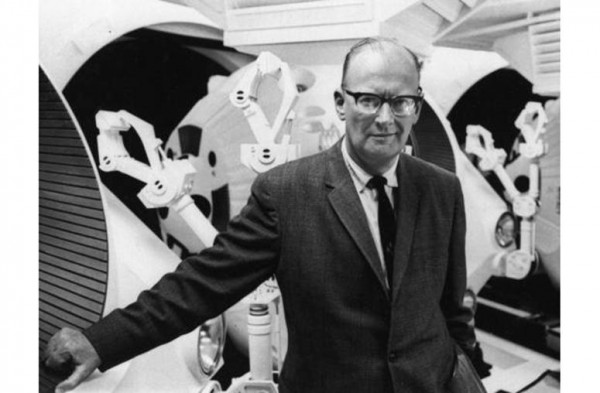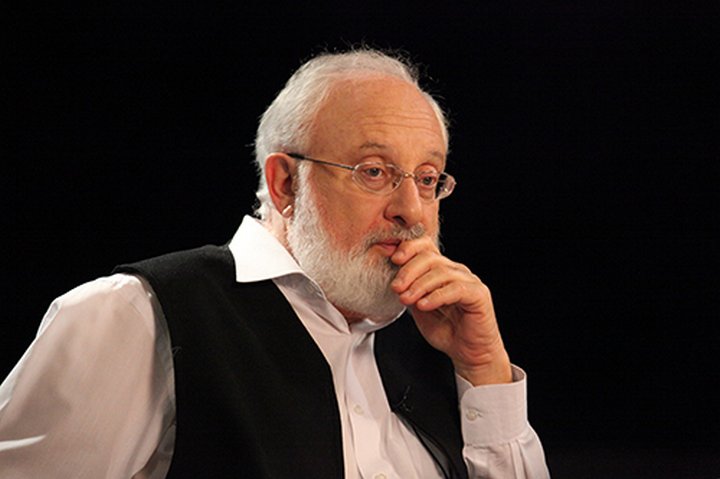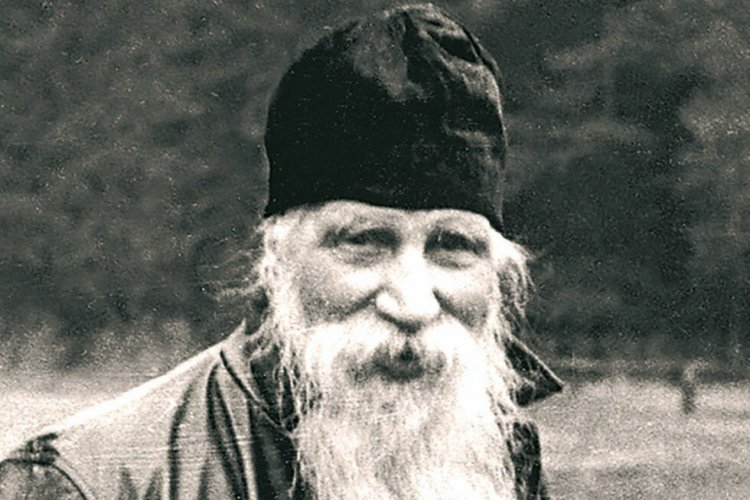Brilliant predictions of science fiction writer Alexander Belyaev, which came true (15 photos)
On March 16, 1884, Alexander Belyaev, the founder of Soviet science fiction, was born in Smolensk. The scientific ideas of his books are now implemented by 99%. Compare: the predictions of the master of French science fiction, Jules Verne, came true by 85%, and the Englishman HG Wells – by 90%. SMOL.AIF.RU has collected the most famous predictions of the writer, which have become a reality.
Dowell around the head
In the novel “Professor Dowell’s Head” (1925, and the text itself was written earlier), the author talks about the possibility of reviving the human body, as well as its individual parts after death. Already a few years after the release of the novel, the outstanding Soviet physiologist Sergei Bryukhonenko, who invented the heart-lung machine, carried out similar experiments. It is impossible not to mention the surgical “repair” of the lens of the eye, Alexander Belyaev foresaw this miracle of medicine, accessible to everyone today, almost a hundred years ago.
Ichthyander, the protagonist of the novel “The Amphibian Man” (1927), became the prototype of modern scuba divers.
The modern scuba gear was patented only in 1943 by Jacques-Yves Cousteau. In addition, the novel predicted the creation of an “artificial lung” based on the principle of membrane-film diffusion, the development of physiological technologies for a long-term stay of a person under water.
Underwater adventure
The adventure novel The Island of Lost Ships (1926) points to future advances in underwater archeology, the discovery of the sunken Titanic and other historic ships.
In the novel “Underwater Farmers” (1930), Alexander Belyaev describes the development of Mari culture, underwater farms for growing mollusks, algae, underwater transport in the form of non-combat submarines. The towing satchels described by him appeared “in service” with divers in the early 60s of the twentieth century. With their help, a person is able to move in the water column at a speed of 4-5 kilometers per hour. Underwater plantations have also appeared on which useful algae are grown.
German underwater laboratory “Helgoland”, 1969
By the way, it was Belyaev who coined the term “hydropolis” to denote an underwater city.
Today there is a small underwater hotel with two rooms, which is completely hidden in the water column. It is called Jules Undersea Lodge in Florida (USA). Its length is 15.24 meters, width – 6.1 meters, height – 3.35 meters. The hotel opened in 1986 as an underwater base for ocean scientists. He was named after the French writer Jules Verne.
Hello Gagarin
The KEC Star (1936) depicts the creation of orbital space stations, artificial satellites of the Earth, the exit of people into open space, as well as a trip to the moon. Belyaev’s friendly correspondence with the founder of Russian cosmonautics Konstantin Eduardovich Tsiolkovsky, whose initials gave the name to the novel, resulted in such a literary form.
Leap into Nothing (1933) describes the manifestations of weightlessness: the attempts of a cook to cook food for passengers in a stratoplane, echoing the descriptions of this phenomenon in Belyaev’s early story “Above the Abyss” (1927). Leap into Nothing is also dedicated to Konstantin Eduardovich Tsiolkovsky.
Orbital station
The KETs Star was written in 1936 under the influence of the writer’s correspondence with Konstantin Eduardovich Tsiolkovsky. Strictly speaking, KEC is the initials of the Soviet scientist. The whole novel is built on the ideas of Tsiolkovsky – the possibility of launching an orbital station, the exit of people into outer space, a trip to the moon. After the release of the book, which was published by the magazine “Around the World”, Tsiolkovsky wrote an enthusiastic review of it. The two dreamers were far ahead of their time – after all, the first real Salyut orbital station appeared in space only in 1973.
Wonderful world
In the novel The Man Who Lost Face (1929), the author predicts major advances in plastic surgery and the ethical problems they engender. The governor of the state turns black and experiences all the results of racial discrimination. Agree that this is reminiscent of the fate of the popular American singer Michael Jackson, who changed his skin color to escape discrimination.
A few more predictions of the great science fiction writer that came true:
Air pollution
When Alexander Belyaev was forced to go to the Crimea for treatment due to poor health, he met people on the train who had suffered as a result of a technological accident at a Kuzbass enterprise. This is how the idea of the Air Seller was born. In his work, Belyaev warns of an impending environmental catastrophe, where the environment will be so polluted with gases and industrial emissions that clean air will turn into a commodity that will not be available to everyone. Needless to say, today, due to poor ecology, there is a constant danger of oncology walking around the world, and life expectancy in large cities is rapidly declining. Under these conditions, states are even forced to agree to international agreements, an example of which is the Kyoto Protocol to limit carbon dioxide emissions into the atmosphere.
Drones
In the book “Lord of the World” (1926), Belyaev “invented” an apparatus for transmitting thoughts over a distance according to the principle of radio waves, which made it possible to inspire an outsider with a thought at a distance – in essence, a psychotropic weapon. In addition, in his book, he predicted the emergence of unmanned aircraft; the first successful tests took place in the UK only in the 30s of the XX century.
Last prediction
The year 1940 is coming. Many in the country have gloomy forebodings – a terrible war is coming. And Belyaev has special feelings – old illnesses make themselves felt, the writer has a presentiment – he will not survive this war. And he recalls a childhood dream, writes a novel about Ariel, a man who could fly. He himself would like to fly above the hustle and bustle of everyday life. Ariel, like Amphibian Man, is biographical.
This work is a prediction of one’s own death. He wanted to fly away from this world like Ariel. And so it happened. The writer died in 1943 from starvation in besieged Leningrad. The writer Belyaev was buried in a common grave along with many others. After that, Belyaev’s wife and daughter were captured by the Germans, and then in exile in Altai. Upon returning from there, they found the writer’s glasses, to which was attached a note addressed to Belyaev’s wife: “Do not look for my traces on this earth,” her husband wrote. – I’m waiting for you in heaven. Your Ariel.

















